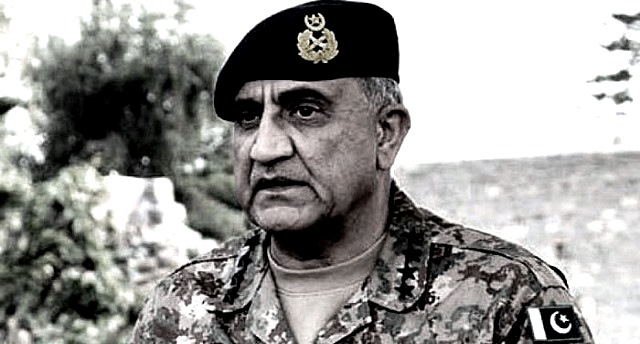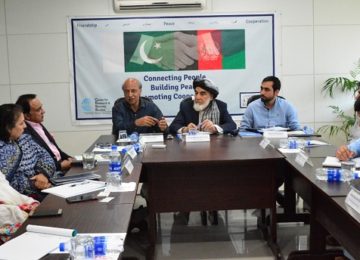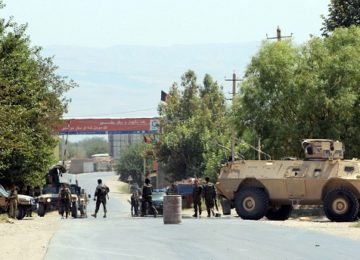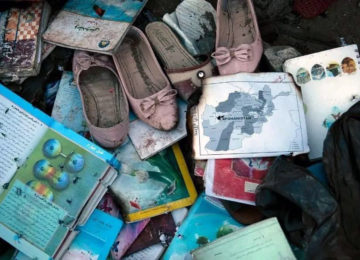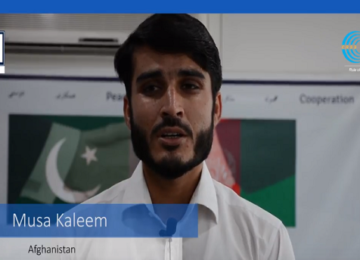Spare a thought for poor old Gen (rtd) Pervez Musharraf. For just when he has once more threatened a political comeback — the Brits have painted him as an extremely timid fellow who found it hard to stand up to American belligerence; preferring to scurry around to please Washington. The contrast with the current COAS, so the story goes, could not be sharper.
At least this is the assessment of the Royal United Services Institute (RUSI), a leading British think-tank working in the realm of defence and international security. In fact, the latter talks of the Bajwa Doctrine that has seen the Pakistan Army under the leadership of its current chief find its bite in the face of US threats and blackmail. The basis for this conclusion is entrenched in the fact Washington has undertaken no real policy change towards this country since 9/11.
As nice and simplistic as this sounds — it represents just part of the picture. Meaning that without Musharraf there would be no Bajwa. The former was the then President-General when Washington launched the GWOT that threw Pakistan into the frontline; thereby casting him as the first COAS of the new world disorder. Musharraf would later claim that the Americans threatened to bomb this country back into the Stone Age, something that the latter have always denied. But be that as it may, the then Army chief was presiding over a country on the verge of bankruptcy due to a decade of intermittent US sanctions. Thus he took a calculated gamble and delivered on some — though not all, as the RUSI report suggests — of Washington’s requests vis-à-vis Afghanistan. Huge cash injections that were on-and-off redirected at various turns to the national budget or military hardware that was refocused to counter the Indian threat were a means of consolidating manufactured legitimacy. Indeed, journalists Ahmed Rashid and Christina Lamb have both reported that when George W Bush opened up Afghan airspace in the first days of Operation Enduring Freedom — to enable Pakistan to swoop in and pick up its remaining intelligence operatives — more than a handful of Al Qaeda and Taliban were also airlifted out of the country. And then there is the question of Musharraf allowing neither the US nor the IAEA access to AQ Khan.
Where the RUSI report does get it right is that under the so-called Bajwa Doctrine, Pakistan has to a large extent reclaimed the terror narrative. For both the civilians and the men in khaki have (rightly) said that the time for us to do more to fight enemy combatants is over; it is the world that should now assume this responsibility. That we are in a position to do this today is largely down to massive Chinese investment. In short, this has given us options and has led to other regional players willing to throw their weight behind us in the face of what they see as US hegemony, if not hubris, in decline.
And there is the not un-small matter of the global perception of Donald Trump as a dangerous and non-credible leader of the world’s lone superpower; an image that is not helped by his penchant for letting his fingers do the tweeting. This has made it slightly easier to stand up to the unquiet American president. As has the knowledge that we are not alone and that there are those who will defend the underdog; thereby stealing the crown long castoff by the Brits.
Nevertheless, the one thing that stands out from the RUSI report is that international experts still have not quite got to grips with understanding this hard country. For just as the US has not changed its post-9/11 policy — neither have we.
This article originally appeared in Daily Times News on February 18, 2018. Original link.
Disclaimer: Views expressed on this blog are not necessarily endorsed or supported by the Center for Research and Security Studies, Islamabad.



